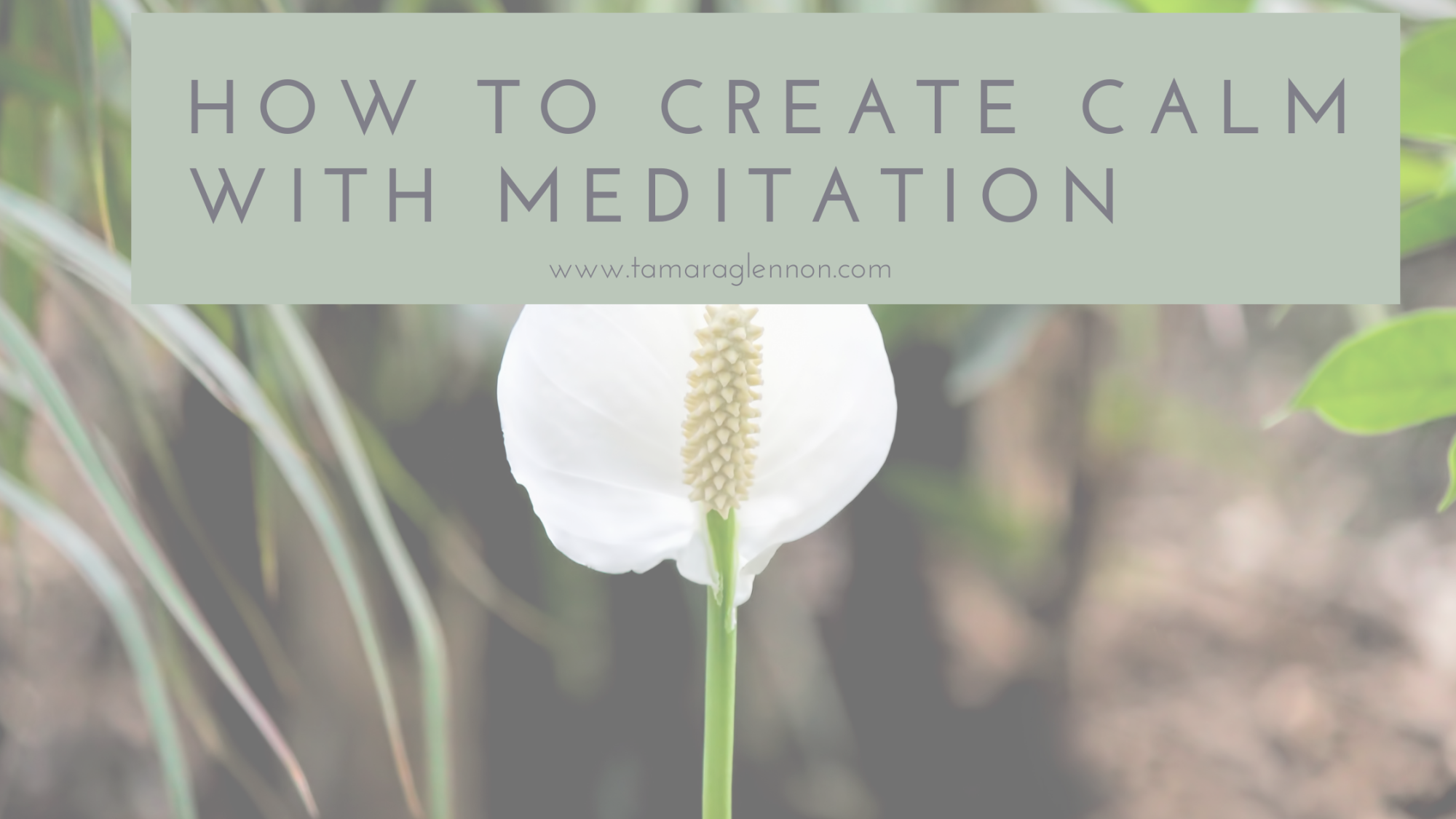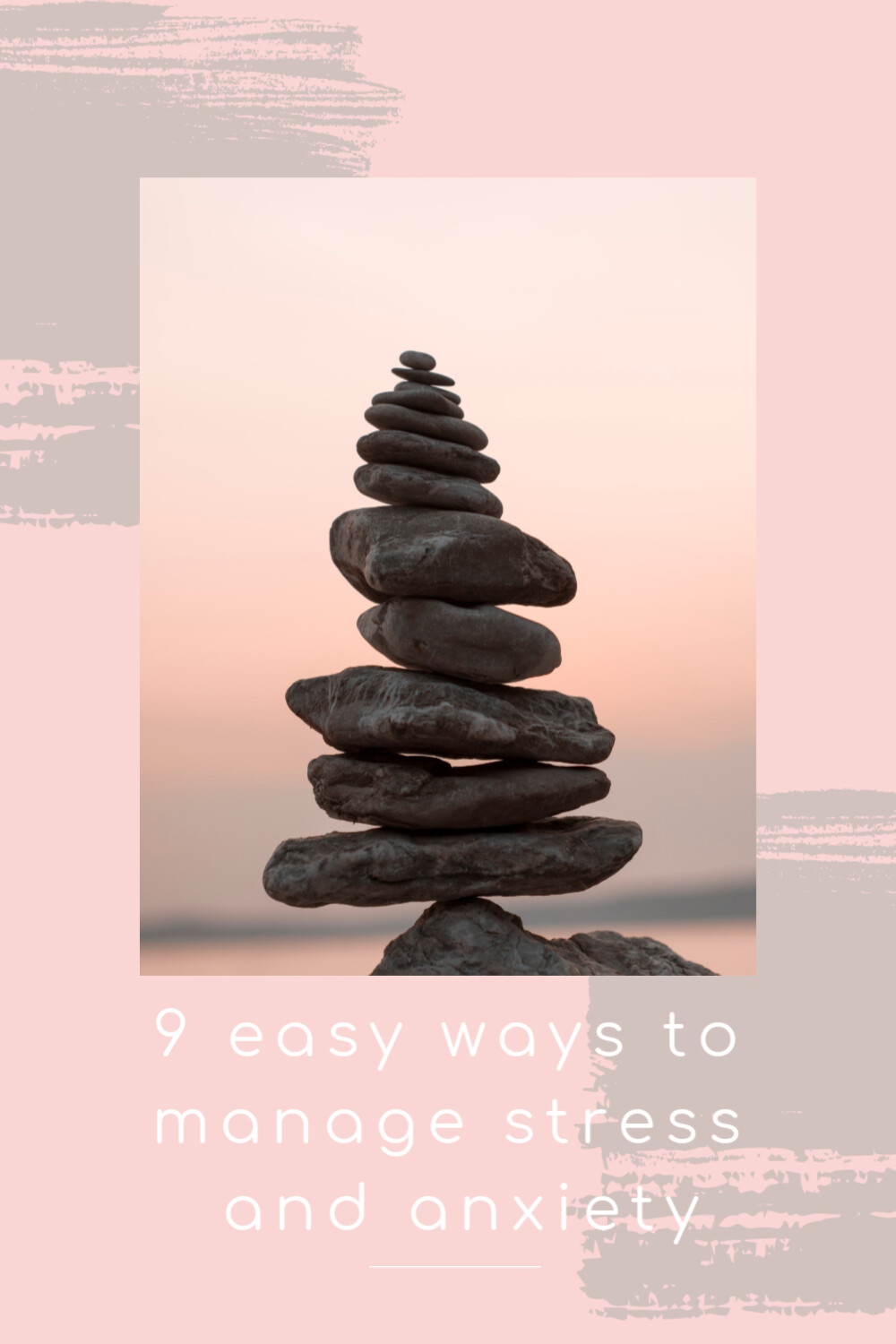
Creating Inner Calm Through Meditation
In yesterday's blog post, I introduced you to the difference between physical and mental clutter. It's this mental type that people often overlook when considering what's keeping them from experiencing calm; however, mental clutter can have a huge impact on your overall emotional state. Today, I'd like to introduce you to a practice that is known to tame the overwhelm of your mind. Meditation can do just that, and it offers numerous benefits for your brain and your overall well-being. Let's take a look.
About Meditation
Meditation is a practice in which you work to still the mind and to concentrate only on the present moment. It can take a number of forms such as guided imagery, mindfulness meditation, breathing exercises, and more. No matter which form it takes, the main point of such exercises is to focus attention, eliminating distractions and intrusive thoughts. This practice has been in use by various cultures for thousands of years, which is proof to me that it is effective and useful. Some cultures consider meditation to be a part of their religion, and it can be a very spiritual activity in general. These days, people usually meditate in an attempt to overcome the stress and anxiety associated with the modern world. It has the power to lead to a tranquil state and overall improved well-being when done regularly.
Benefits of Meditation
Meditation offers a wide range of benefits. Many of these are directly related to the practitioner's state of mind, but the practice can also improve physical health. The effects are long-lasting. You'll find yourself feeling calmer and noting improvements in your physical well-being long after your meditation session ends. Meditation helps to diminish the mental overload that can overwhelm you, leading to less stress. This renewed state can often provide you with clarity when it comes to the issues you face throughout your life. Health benefits of meditation include decreased depression symptoms, lessened anxiety, reduction in chronic pain, improved sleep, and less frequent tension headaches, among others.
A Simple Breathing Meditation
While there are a number of different kinds of mediations, one of the easiest to start with is a simple breathing exercise. Controlled breathing is a part of many meditative practices. It can help you to gain focus and to "blow away" stress. Find a quiet space with a comfortable chair. Sit up straight, with your feet flat on the floor. You could also take a seated position on a floor pillow if you prefer. Begin by inhaling deeply, pushing your stomach muscles, or diaphragm, outward. Inhale slowly, allowing your stomach to return to its resting position. Continue this until you find a comfortable rhythm. Try to push all thoughts out of your mind, but don't worry too much if intrusive ideas sneak in. Five minutes is usually long enough to gain the benefits, but your session can be as long as is comfortable when starting out.
Meditation is a practice that can provide tremendous calming benefits. It's easy to do and is especially effective when done regularly. Give it a try to see how meditating works for you.
Love what you read? Subscribe for updates.
Follow me on Social Media:
Join my group to learn more about how to support your mental health and well being.
Love the gram? Follow here.
Jumped on the Tik Tok Trend? Find me here
Want to shop with a purpose? Check out my etsy shop where I donate to Project Semicolon.







0 Comments